There’s a saying in Sweden: taste is like the buttocks – divided (‘Smaken är som baken – delad’).
The saying couldn’t be more apt when it comes to Melodifestivalen, a six-week music extravaganza where millions tune in each Saturday night to select a representative for the Eurovision Song Contest.
IN PICTURES: Robin Stjernberg reacts to winning Melodifestivalen
For Saturday night’s finalé, 4.1 million viewers tuned in to watch the spectacle, the most since 2006, according to SVT.
But reactions to the programme are fierce. People either staunchly defend the show in all its kitschy glory, or loathe it vehemently.
But love it or hate it, this year’s final seconds of voting provided enough drama to keep even the haters talking as Sweden’s leading vote-getter didn’t even end up winning.
Stjernberg’s emotional encore performance of You
Sundsvall resident and 17-year-old cross-dresser Yohio was pipped to the post by Robin and his pop song You, thanks to 50 percent of the result being determined by an international jury.
“Europe’s not ready for me yet,” a somewhat unshaken Yohio told reporters after the event.
If it was up to Sweden, Yohio would be in the spotlight in two months. But as Europe sent the vast majority of its votes anywhere but in Yohio’s direction, Sweden will be represented by Robin.
Is that fair? Is the voting system a functioning one? Or should someone else have won, perhaps?
Or is the whole thing just a massive waste of time and money, thank you very much?
Thousands took to Twitter to have their say, and here is a selection: Have your own say below.
@thelocalsweden And what an overwhelmingly depressing result. I’ve almost lost faith in Swedish public. It’ll be Las Vegas all over again
— Dave Goosselink (@kiwidaveg) March 11, 2013
@thelocalsweden ironic that the “international jury” choose a generic American Idol wannabe over kid doing Swedish/Japanese pop mashup.
— fitz (@chrisfitzpat) March 11, 2013
@thelocalsweden the thing is that people seems to have forgotten the reason why we brought in the international jury to begin with!
— Jennie Björklund (@dressmeindark) March 11, 2013
@thelocalsweden People I know who normally have good taste were getting extremely defensive about music that should only be used in torture.
— Marcus Carter (@themarcuscarter) March 11, 2013
@thelocalsweden Not a waste of time and money. But lets kick out the international jury alongside with arrogant Swedes!
— Leelene Karlsson (@swede_lee) March 11, 2013
@thelocalsweden Out of all of the music and talent shows on TV, it’s the best one.
— Niklas Hjelm Smith (@fakeniklas) March 11, 2013
Registered users may add answers using the comment field below. If you haven’t yet registered, you may do so here – it’s free and only takes a moment.

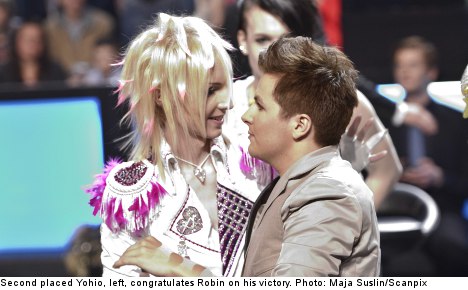
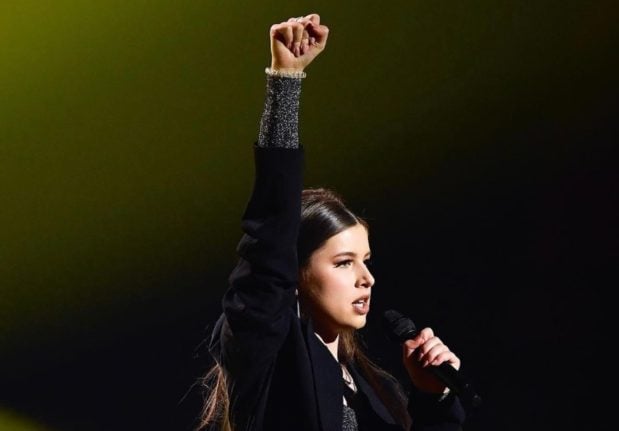

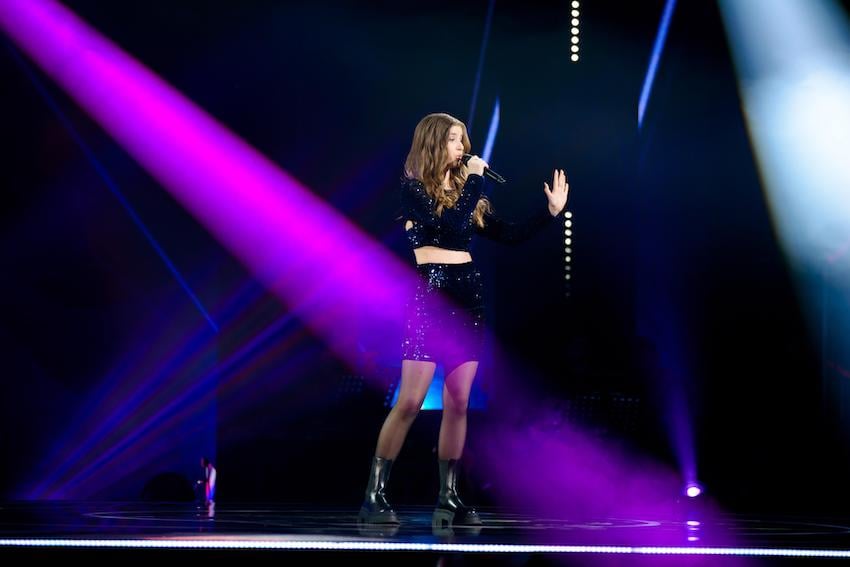
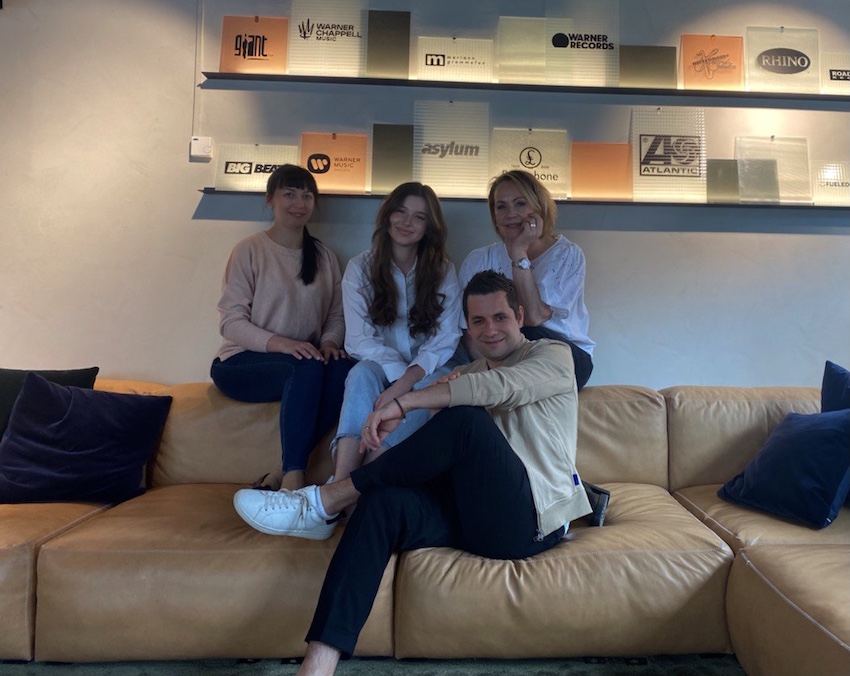
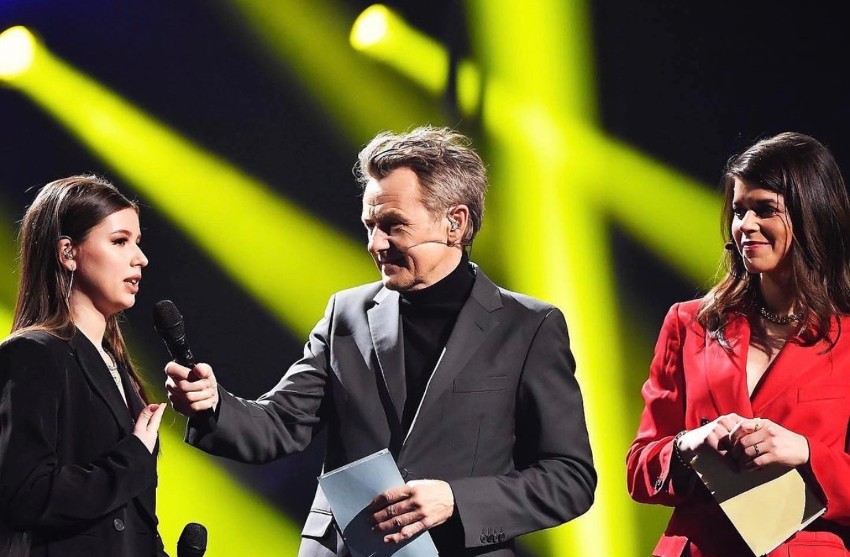
 Please whitelist us to continue reading.
Please whitelist us to continue reading.
Member comments